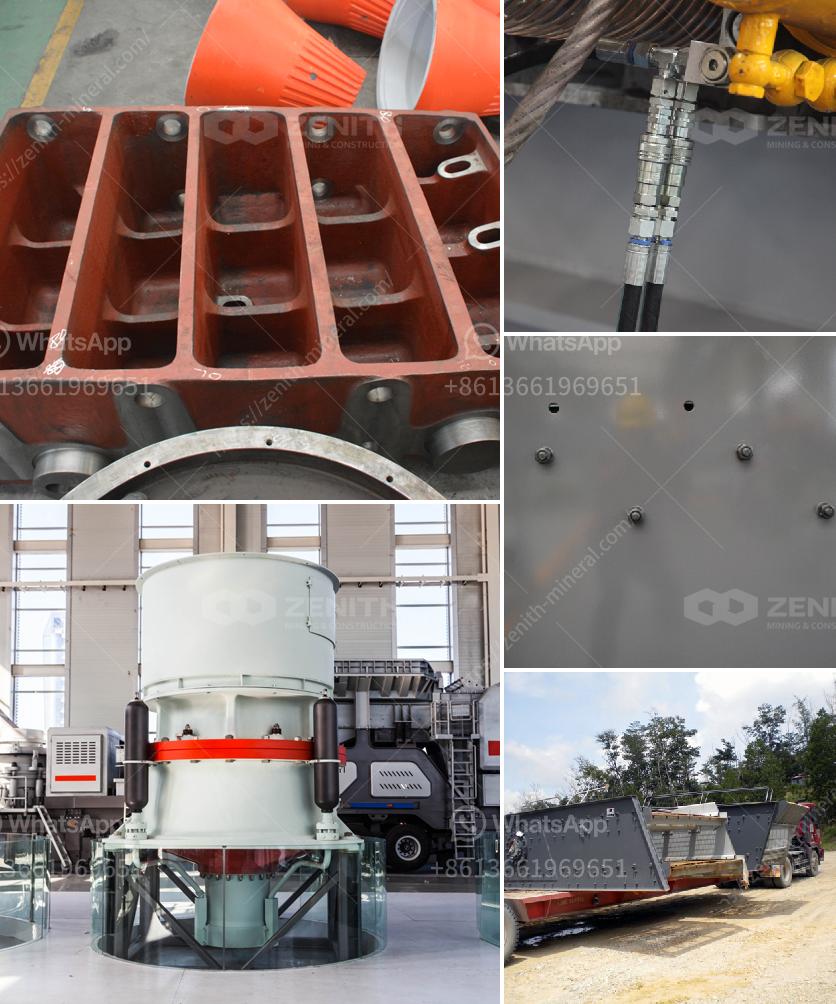Crushing granite typically involves several key steps, often using industrial machinery. Here’s a general overview of the process:
-
Mining and Extraction:
- Granite is extracted from quarries using heavy machinery like excavators and sometimes blasting techniques.
-
Primary Crushing:
- The large pieces of extracted granite are loaded into a primary crusher. This could be a jaw crusher or gyratory crusher, which reduces the rock to medium-sized chunks.
-
Secondary Crushing:
- The medium-sized granite pieces are transferred to a secondary crusher (such as a cone crusher or impact crusher) that reduces them to smaller, more manageable pieces.
-
Screening:
- The crushed granite is then passed through vibrating screens where different sizes of granite are sorted. Larger pieces may go through the crusher again.
-
Fine Crushing (if needed):
- For finer granite, tertiary crushing stages might be added using different types of crushers, like VSI (Vertical Shaft Impactor) crushers.
-
Washing (Optional):
- The crushed granite might be washed to remove dust and impurities depending on the required quality of the final product.
-
Stockpiling:
- The final crushed granite is then stockpiled for later use or directly transported to the market.
Safety Considerations:
- Always wear protective gear like helmets, gloves, and goggles.
- Ensure all machinery is operated by trained personnel.
- Regularly maintain equipment to prevent malfunctions.
Using this process, granite can be crushed to produce materials for construction, landscaping, and other applications.

